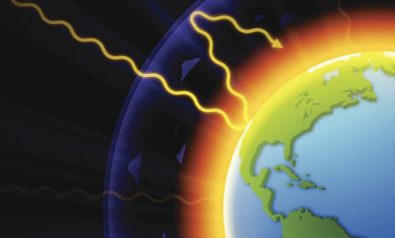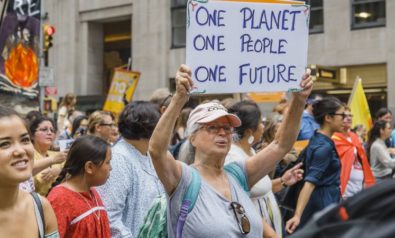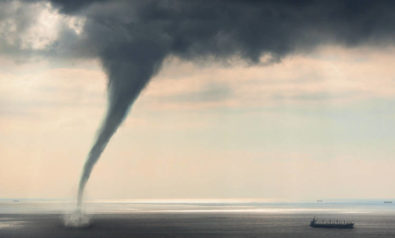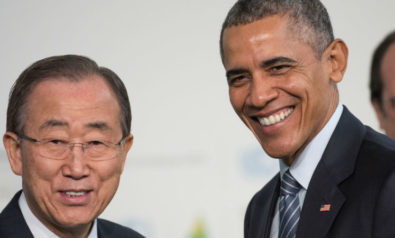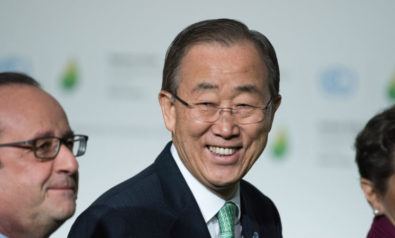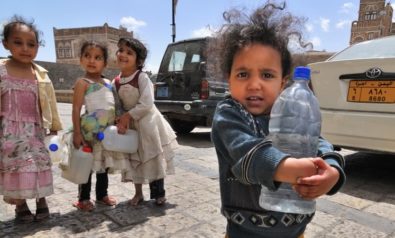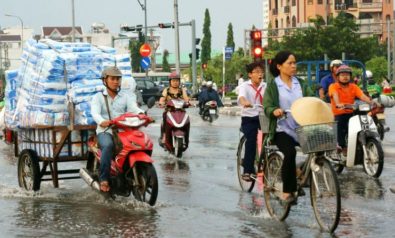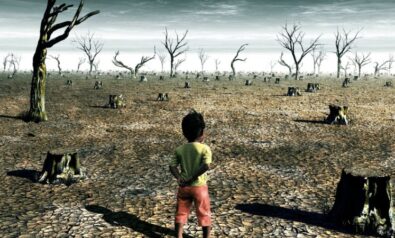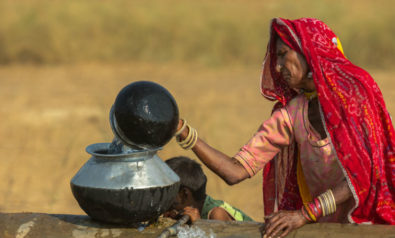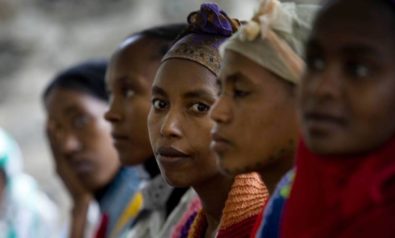The Paris climate treaty is not a one shot deal that will radically stop climate change for the Asia Pacific.
Since its founding in 1967, the Association of Southeast Asian Nations (ASEAN) has evolved into a regional force that is slowly changing the landscape of global politics.
Five decades on, with changing geopolitics, hegemonic shifts and evolving dynamism in the region, ASEAN faces a daunting task as it gears up for a regional economic integration plan amid uncertainty in light of climate change.
With a region dependent on agriculture for food security and livelihoods, ASEAN needs to step up its fight against climate change. The Paris climate deal, which was forged during the 21st Conference of the Parties (COP21) of the United Nations Framework Convention on Climate Change (UNFCCC), means a lot for ASEAN as it prepares its economic integration outlook for the region.
A report by the Oxfam GROW East Asia campaign argues that “climate change is undermining the viability of agriculture in the region and putting many small-scale farmers’ and fisherfolk’ livelihoods at risk.”
Data from the International Rice Research Institute (IRRI) reveals that rice yields drop as much as 10% for every 1% rise in temperature—an alarming fact for a region that counts rice as the staple food.
The Task Ahead
The Paris climate deal provides the right step for ASEAN member countries to make the right move on climate change mitigation and adaptation. It is considered as the first global agreement that has recognized the word “climate justice.” This sounds like a good start for ASEAN members who bear little historical responsibility to carbon emissions yet suffer climate change impacts the most.
The regional bloc has also recognized 1.5 degrees Celsius as a goal in subsequent years in lowering global carbon emissions. This will, hopefully, end the dependence on fossil fuels to reduce greenhouse gases emissions and transition to 100% renewable energy by 2050.
Individually, ASEAN member states must readily implement their intended nationally determined contributions (INDCs). These national climate action plans will complement the Paris climate deal if implemented properly through participation and inclusion of the rights of the most vulnerable, and by transparency and accountability in climate finance and adaptation funds expenditure.
As a regional cooperation bloc, ASEAN must ensure that its economic community-building is geared toward low-carbon development anchored on sustainability and inclusive growth. It can start by ensuring that regional policies in public and private investments in agriculture and energy do not threaten food security—and that they improve resilience against climate-related disasters, and respect asset reform policies and the rights of small food producers.
In terms of climate change mitigation, ASEAN needs to harmonize existing policies on coal, and level the playing field where renewable energies can compete with other sources of energy. Furthermore, the 2015 economic integration must be clear on charting a low-carbon development plan for the region.
ASEAN leaders must also ensure that policies will be in place to shift the funding support from industrial agriculture to sustainable agricultural practices promoting agro-ecology and sustainable ecosystems. They must encourage the allocation of sufficient financial resources for community-driven climate change adaptation practices, while working with communities and peoples’ organizations on knowledge-sharing and learning best practices.
The Paris climate treaty is not a one shot deal that will radically stop climate change for ASEAN member countries—most of which are vulnerable and have low adaptive capacity. However, these individual and collective efforts will serve as a springboard toward achieving resilience of the ASEAN region against worsening impacts of climate change.
The views expressed in this article are the author’s own and do not necessarily reflect Fair Observer’s editorial policy.
Photo Credit: Skynavin / Shutterstock.com
 We bring you perspectives from around the world. Help us to inform and educate. Your donation is tax-deductible. Join over 400 people to become a donor or you could choose to be a sponsor.
We bring you perspectives from around the world. Help us to inform and educate. Your donation is tax-deductible. Join over 400 people to become a donor or you could choose to be a sponsor.
Support Fair Observer
We rely on your support for our independence, diversity and quality.
For more than 10 years, Fair Observer has been free, fair and independent. No billionaire owns us, no advertisers control us. We are a reader-supported nonprofit. Unlike many other publications, we keep our content free for readers regardless of where they live or whether they can afford to pay. We have no paywalls and no ads.
In the post-truth era of fake news, echo chambers and filter bubbles, we publish a plurality of perspectives from around the world. Anyone can publish with us, but everyone goes through a rigorous editorial process. So, you get fact-checked, well-reasoned content instead of noise.
We publish 2,500+ voices from 90+ countries. We also conduct education and training programs
on subjects ranging from digital media and journalism to writing and critical thinking. This
doesn’t come cheap. Servers, editors, trainers and web developers cost
money.
Please consider supporting us on a regular basis as a recurring donor or a
sustaining member.
Will you support FO’s journalism?
We rely on your support for our independence, diversity and quality.



